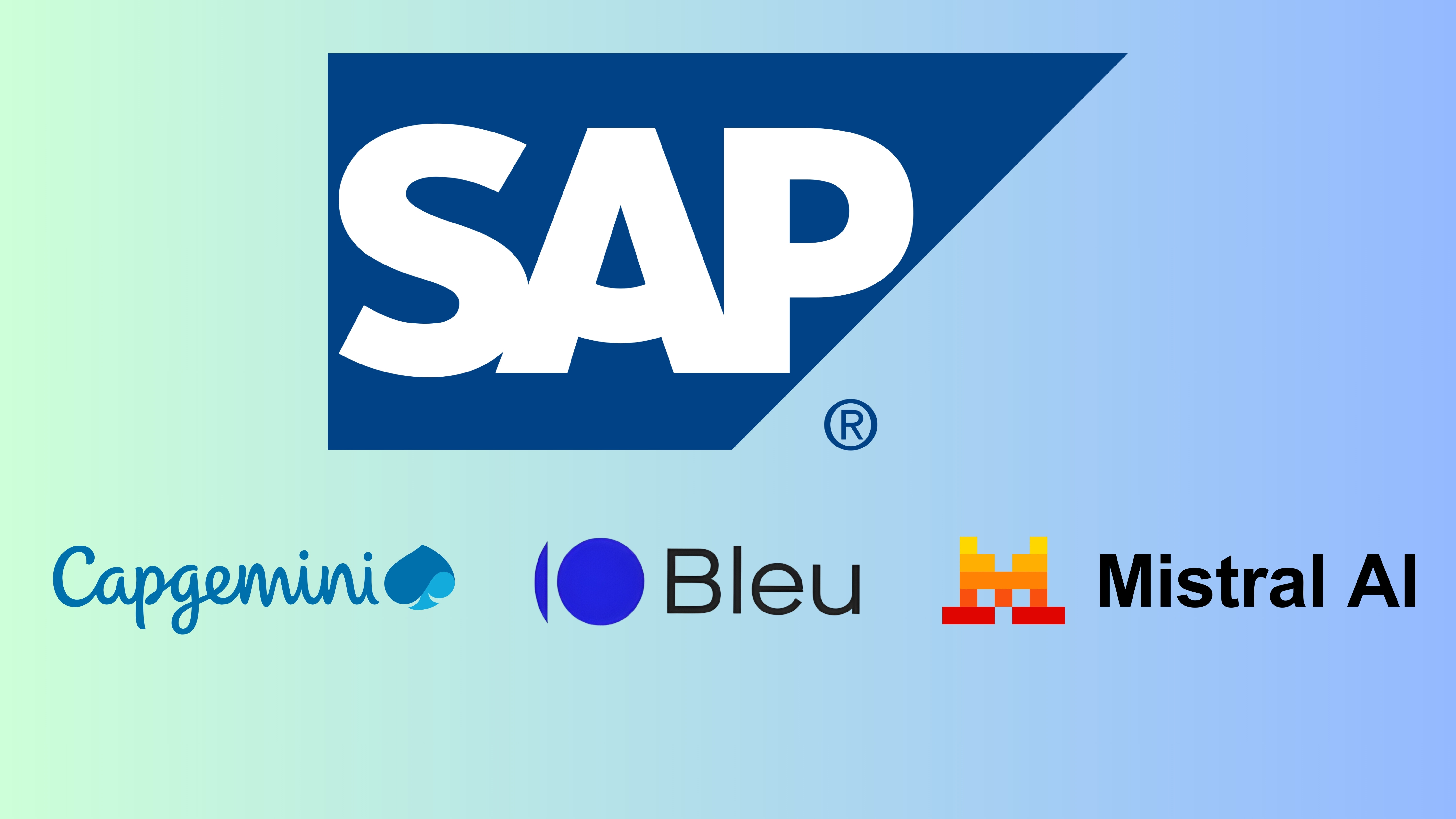The European Commission has unveiled a digital package designed to simplify rules and reduce administrative burdens, allowing businesses to focus on innovation rather than compliance.
An initiative that combines the Digital Omnibus, Data Union Strategy, and European Business Wallet to strengthen competitiveness across the EU while maintaining high standards of fundamental rights, data protection, and safety.
The Digital Omnibus streamlines rules on AI, cybersecurity, and data. Amendments will create innovation-friendly AI regulations, simplify reporting for cybersecurity incidents, harmonise aspects of the GDPR, and modernise cookie rules.
Improved access to data and regulatory guidance will support businesses, particularly SMEs, allowing them to develop AI solutions and scale operations across member states more efficiently.
The Data Union Strategy aims to unlock high-quality data for AI, strengthen Europe’s data sovereignty, and support businesses with legal guidance and strategic measures to ensure fair treatment of the EU data abroad.
Meanwhile, the European Business Wallet will provide a unified digital identity for companies, enabling secure signing, storage, and exchange of documents and communication with public authorities across 27 member states.
By easing administrative procedures, the package could save up to €5 billion by 2029, with the Business Wallet alone offering up to €150 billion in annual savings.
The Commission has launched a public consultation, the Digital Fitness Check, to assess the impact of these rules and guide future steps, ensuring that businesses can grow and innovate instead of being held back by complex regulations.
Would you like to learn more about AI, tech and digital diplomacy? If so, ask our Diplo chatbot!










